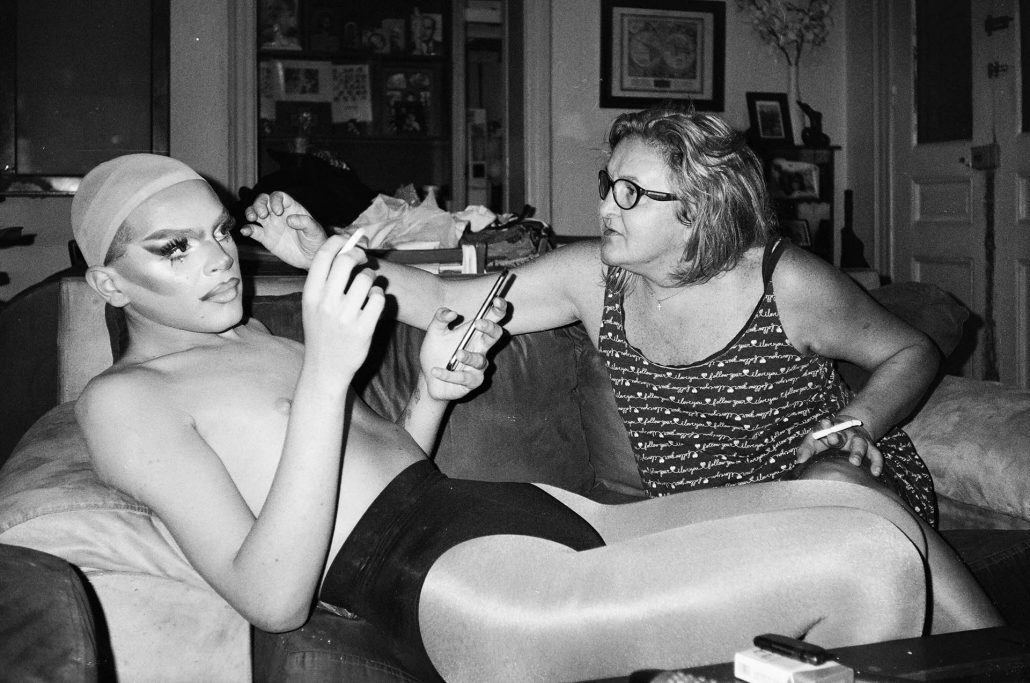This post is also available in:
 French
French
From the 28th of March to the 28th of July 2019, the Institute of Islam Cultures presents This is Beirut, an exhibition coordinated by Sabyl Ghoussoub. The works of sixteen artists, photographers and videographers tell about the place of community, religion and individual in Beirut after the Israeli–Lebanese conflict of 2006. Far from a portrait gallery, the exhibition invites us to discover Beirut in another way following a decade that knows neither war nor peace.
The war of July 2006 is still haunting the minds of the people of Beirut and can be traced in the Abandon series where Cha Gonzalez follows the nocturnal excesses of a youth seaking for meaning. Compared to religious communities, visible because of confessional structuring of the society, other social groups are marginalized. Mohamad Abdouni has been interested for four years in the Lebanese LGBT+ community. To create the Doris & Andrea series, he spent three weeks with a mother and her genderqueer son in the heart of the fashionable district of Mar Mikhael. Here, he is especially interested in paradoxes of this family of Armenian Christians.
Beirut also has to face multiple political and migration crises which are consequences of other past and present conflicts. Fleeing the war, about one million Syrian refugees live today in Lebanon, exceeding the number of Palestinian refugees arrived since 1949. For years, the photographer Dalia Khamissy has been documenting these communities and their everyday life rocked between sufferings and hopes.
Religion is omnipresent in the exhibition like in this capital where eighteen Muslim and Christian communities live side by side. This multi-confessionalism appears both in the public and intimate space. For his project Christians of Lebanon, Patrick Baz spent two years documenting the Christian community of Beirut and Lebanon. The photographer makes us immerse into fervor and extravagance of religious practices: baptisms, weddings, processions… Natalie Naccache presents four diptychs where we can discover the Muslim community of Beirut celebrating the iftars, meals taken every evening of Ramadan the time of sunset. Lebanese bourgeoisie, Syrian refugees, scoot or traders, all the social categories merge to live together these moments of sharing that animate the streets of the capital. The Lebanese photographer Hassan Amar stages Hezbollah militia bodies, all from Beirut, by revealing their tattoos of Shiite figures where we can recognize Ali (disciple of the Prophet Mohammed), or Hassan Nasrallah, leader of Hezbollah. The body becomes here a marker of identity and religion.
Ziad Antar questions the codes of virility in Lebanese society and their representation in public authority with two large format portraits of policemen wearing uniform next to their motorcycles.
The destiny of migrant workers and refugees makes the penultimate part of the exhibition. Myriam Boulos with her C’est Dimanche series is interested in migrant domestic women exploited by wealthy Lebanese families. According to the Lebanese law, these chiefs have authority over their visas and passports. Women of South Asian or African origin work every day except of few Sunday hours. Thanks to Myriam Boulos, we can follow these moments: at the beautician’s, at the hairdresser’s, at the market or in prayer rooms, we discover the tiny space of freedom of these forgotten women.
The exhibition terminates on the exterior facade of the Stephenson space where the visual artist Randa Mirza created a triptych of images from her Beirutopia series. An effervescence of real estate projects making disappear the architectural heritage is what happens now in Beirut. The images of the series are mises en abyme of advertising posters of these buildings transforming the city.
From 28/03/2019 to 28/07/2019
INSTITUT DES CULTURES D'ISLAM
19 rue Léon
75018 PARIS
France
Opening hours : Tuesday to Sunday from 11am to 7pm, Friday from 4pm to 8pm
Phone : 01 71 19 48 04
ozerbib@communicart.fr
www.institut-cultures-islam.org



